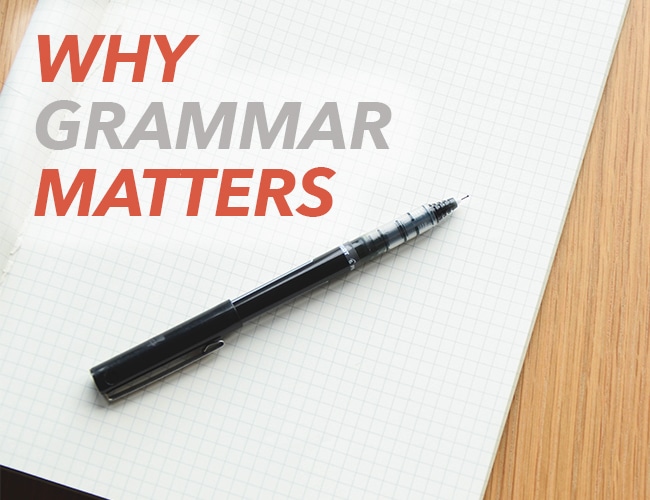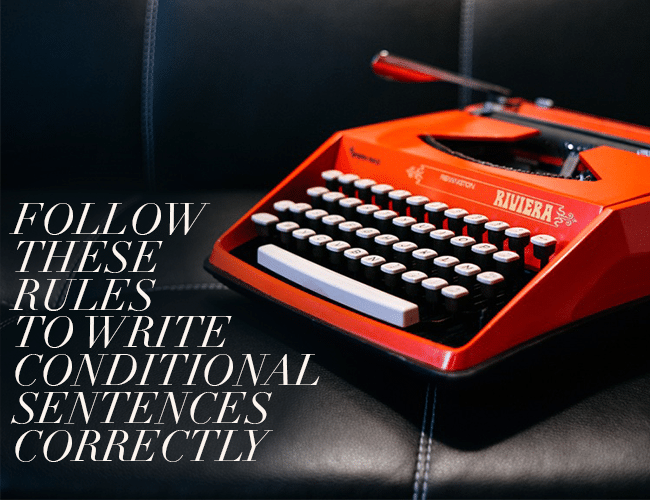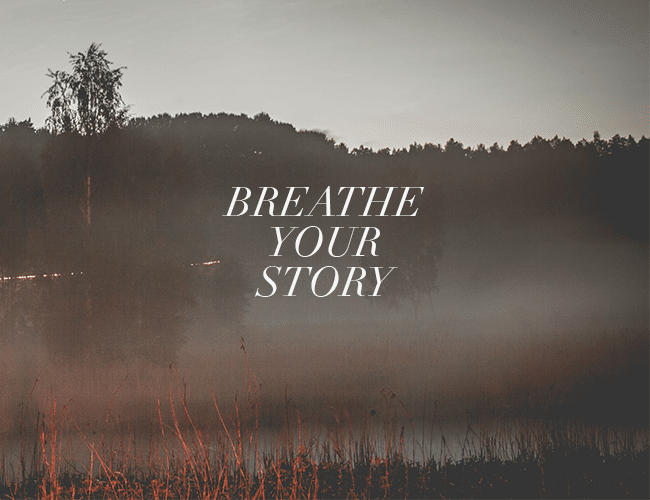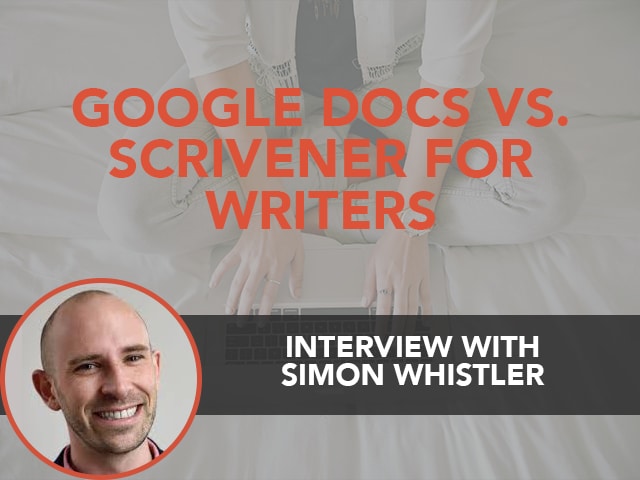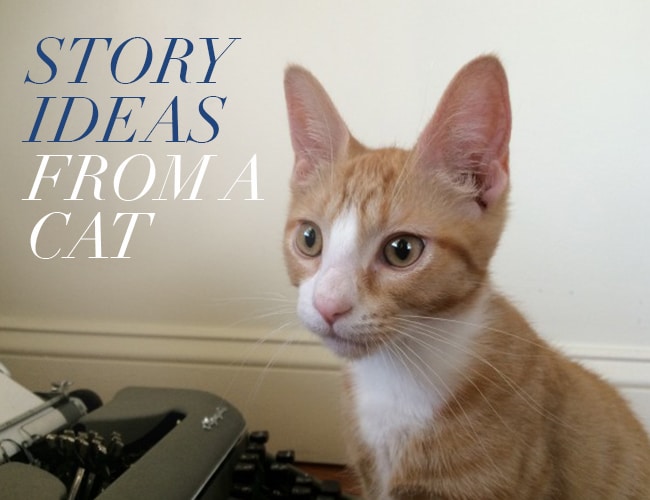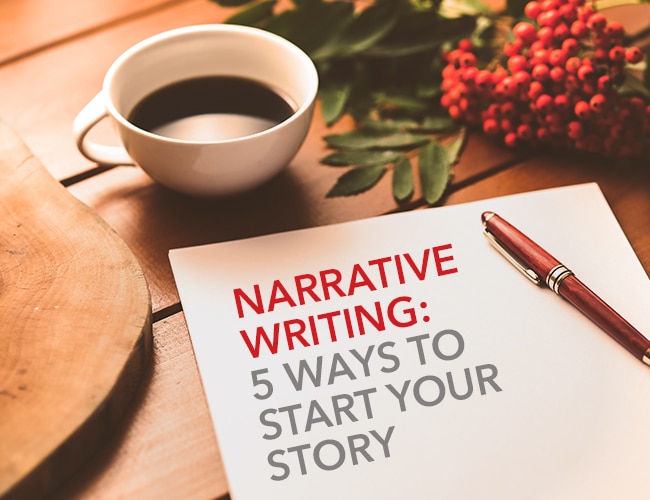If there’s one significant thing that Joe and I have historically disagreed on, it’s the role of grammar in a writer’s toolbox. We complement each other well because as much as I love grammar and sentence structure, he equally embraces the dismissal of commas and the implementation of run-on sentences for art’s sake. When you get down to brass tacks though, I have to admit that he kind of has a point: grammar is somewhat arbitrary.
